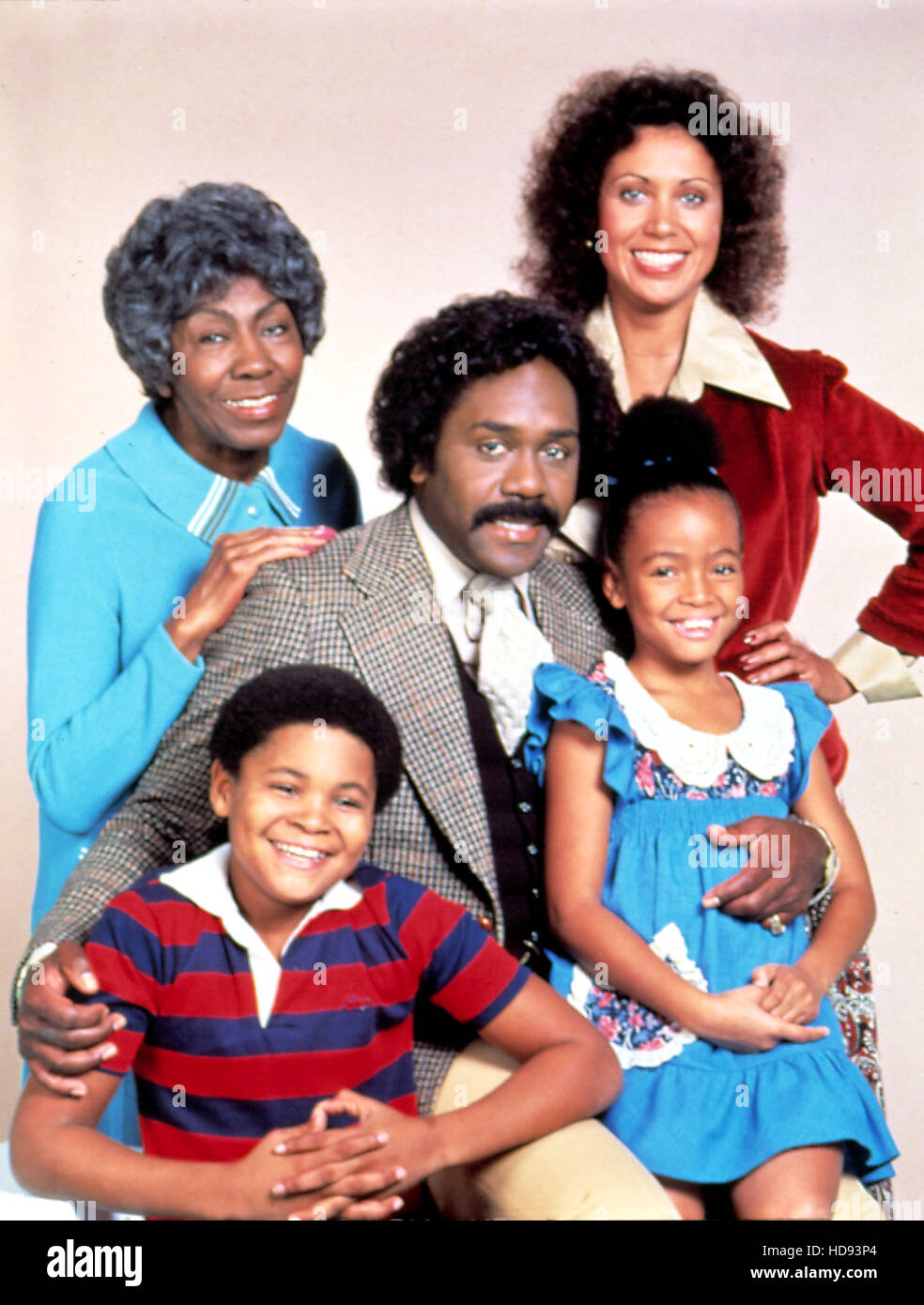Could a celebrated Hollywood actor, renowned for his comedic brilliance, genuinely find a higher calling beyond the silver screen? The life of Demond Wilson provides a compelling answer: Yes, a dramatic career shift can be a testament to faith and personal growth.
Grady Demond Wilson, the man behind the iconic Lamont Sanford of the 1970s sitcom "Sanford and Son," embarked on a journey that transcended the glitz and glamour of Hollywood. Born on October 13, 1946, in Valdosta, Georgia, Wilson's life has been a tapestry woven with threads of acting, authorship, and ministry. From the bustling streets of Harlem, New York, where he honed his talents in ballet and tap, to the pulpit where he now preaches, Wilson's path is a testament to a life of reinvention and commitment. His career trajectory, however, is a remarkable story in itself. The fame he achieved as Lamont Sanford was not just a role; it was a cultural touchstone. The show, one of the first sitcoms to feature a predominantly African American cast, resonated with audiences across the nation, catapulting Wilson to stardom. But what happened when the lights of Hollywood dimmed for this actor? Wilson's story highlights the complexities of balancing a public persona with personal convictions. His dedication to his work, and his later, fervent embrace of religious calling, reveal an individual whose priorities evolved in response to his inner calling.
| Category | Details |
|---|---|
| Full Name | Grady Demond Wilson |
| Date of Birth | October 13, 1946 |
| Place of Birth | Valdosta, Georgia, USA |
| Known For | Actor, Author, Minister |
| Years Active (Approx.) | 1970s - Present |
| Spouse | Cicely Louise Johnston (married May 3, 1974) |
| Children | Christopher, Demond Jr., Louise, Sarah, Nicole, Mellisa |
| Net Worth (Approx.) | $2.5 million |
| Key Roles |
|
| Notable Books |
|
| Ministry | Ordained as an international preacher in 1984 |
| Link for Reference | IMDb |
Wilson's life took a significant turn in the 1980s. After a flourishing career as a Hollywood actor, he transitioned into the ministry, becoming an ordained preacher in the fall of 1984. This transformation was not a sudden decision; it was the culmination of a lifelong commitment. The seeds were sown early in his life; at the age of 12, a near-fatal appendix rupture instilled in him a vow to serve God. In 1984, he sold his Beverly Hills home and relocated to Orange County with his wife, Cicely Louise Johnston, and their children. His appearances in acting roles became fewer, indicating a shift in focus toward spiritual pursuits. Cicely Louise Johnston, his wife, played a crucial role in his life. They married on May 3, 1974. Miss Johnston, a former stewardess and model, met Wilson and together they have built a family. They are parents to six children: Christopher, Demond Jr., Louise, Sarah, Nicole, and Mellisa. The couple has been together for over four decades. They have six children together and three grandchildren.
Wilson's transition from actor to minister signifies more than just a career change; it reflects a profound personal and spiritual evolution. His writings, including "New Age Millennium," released on December 1, 1998, by Cap Publishing & Literary Co., LLC, explore his views on faith, spirituality, and contemporary societal issues. He called the book an expos of certain New Age symbols and slogans. This reflects his dedication to studying the world around him and formulating informed views. Wilson's life is proof that a person can have multiple facets and dedicate themselves to pursuits that appear dramatically different.
Wilson's family life complements his professional endeavors. His marriage to Cicely Johnston has spanned over four decades, providing a stable foundation for their six children. While the Wilson family generally maintains privacy regarding their personal affairs, it is known that they have four daughters and two sons. Christopher has been noted for his abilities in youth sports, particularly baseball and soccer, and Sarah has shown interest in her father's creative side, becoming a writer. This demonstrates the importance of family values that Wilson has cultivated. The fact that some of their children are also following their own paths also indicates a healthy environment, where individual aspirations are respected, and where parents foster their children's potential. The entire narrative showcases a dedication to a life that is both complex and rewarding.
Wilson's impact extends beyond entertainment. He has become a respected author with writings on various aspects of Christianity, notably on the New Age movement, offering his unique perspectives on the subject. Moreover, he is celebrated for his performances in films. His early career included roles in films such as "The Organization" (1971) and other productions, building his legacy and highlighting his versatility. His ability to blend acting with spiritual commitment has made him a unique figure in the entertainment world, a testament to his ability to change his life to his beliefs.
In conclusion, Demond Wilson's story is of an individual who discovered fulfillment both within and outside of the spotlight. From the role of the iconic Lamont Sanford to an author, and pastor, his story illustrates an inspiring journey of self-discovery, faith, and a commitment to a life devoted to the pursuit of his beliefs.


